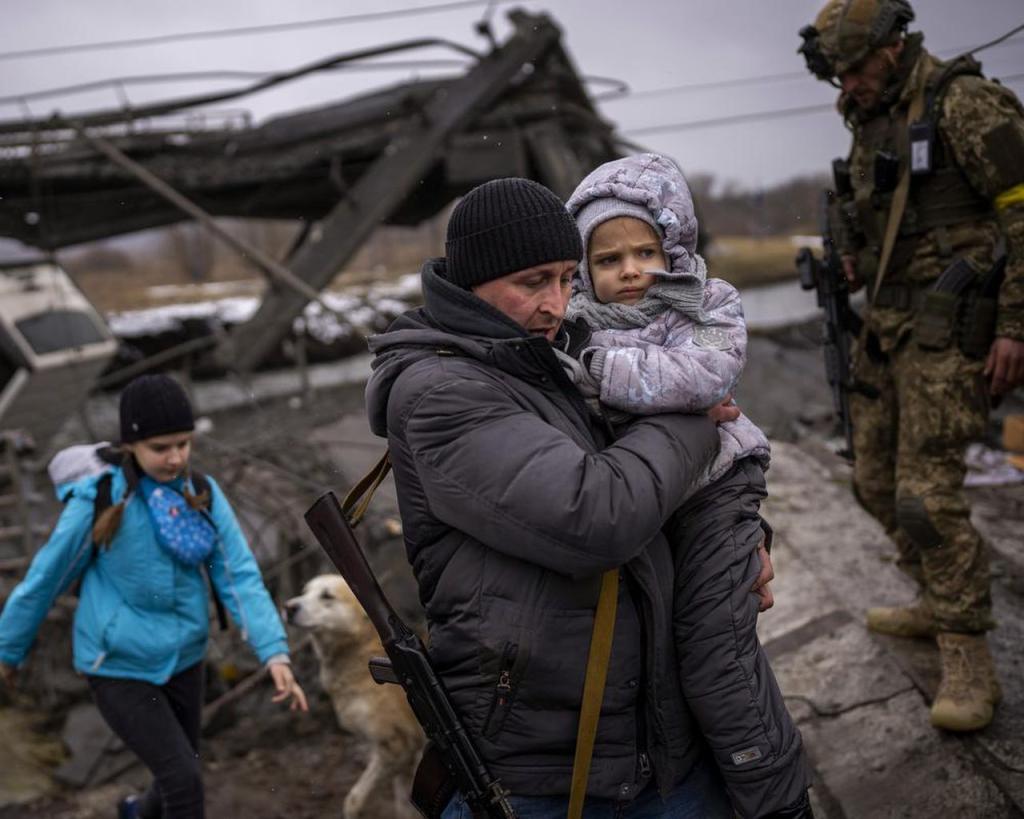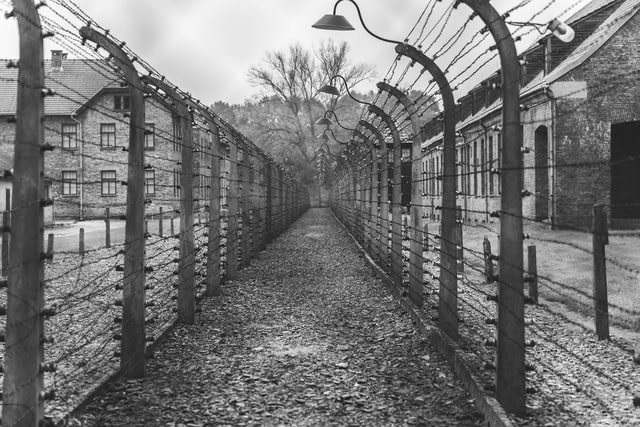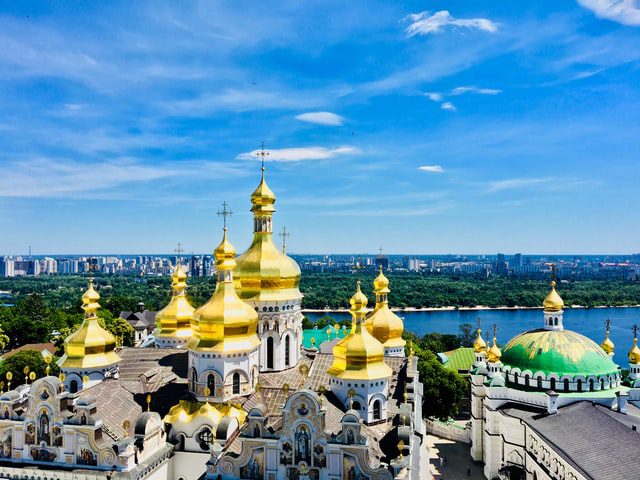A recent article by Yascha Mounk lays bare the assumptions that have shape his generation’s view of history in general and western diplomacy, in particular, toward China and Russia:
- Things are getting better. There is an arc to history and it bends toward justice.
- The exceptions to that rule are just that: exceptions, anomalies, the lingering product of old impulses.
- On the whole, everyone, everywhere shares in our conviction that our “common humanity” (which one assumes entails the rights of people everywhere) governs and undergirds this steady progress toward a world free of conflict.
To Mounk’s credit, he acknowledges that this was and is naïve:
Chauvinism and ethnic pride, demagoguery and the lust for conquest, it turns out, do not belong to a particular historical epoch. They are thoroughly human potentialities, forever lurking as possible futures should our vigilance waver and our institutions fail to keep the worst instincts of humanity in check—as they just did in the heart of Europe.
One has only to read history or the news on any given day to make this clear. But the Russian-led invasion of Ukraine has laid these assumptions to rest, and Mounk grieves his hard-won wisdom. At the same time, however, he cannot quite let his assumptions go. Quixotically, having acknowledged that the invasion has put to rest “the hopeful view of the future which dominated the western world in the decades after the fall of the Berlin Wall,” Mounk ends his article with what he describes as a “secular prayer”:
May God be kind to the Ukrainian people.
May God be kind to all of us.
For there, but for the grace of history, go we.
“I am not a religious man”, but I don’t mind praying to history.
I enjoy reading Mounk’s work, and there are a large number of Americans who no doubt share both his world view and identify with the grief he is experiencing. But the Ukrainians are paying the price for this kind of naiveté, and they – as well as others around the world – will continue to pay for it.
What might be another, Christian way to have been thinking about our world? It is helpful to realize, first, that from a theological vantage point, Mounk seems to lurch between a construal of religion as magic and the wishful thinking that there is someone or something out there that deliver us from what seems to be an impasse in history.
That we are at an impasse in history, there is no doubt, if one thinks of history as a surrogate for God or if one imagines that it has an arc that “bends toward justice”. Frankly, it is all but impossible to believe that this was or ever has been the case. From a Christian perspective there is always one and only one question over the course of history: Are we on God side? This was the case even when things have seemed fairly desperate for Christians. Far from offering a roadmap to the future, John’s apocalyptic vision challenges the churches of Asia minor to choose between the city of Babylon, a.k.a. Rome, a.k.a. the city of man and the Holy City, a.k.a. the eternal city of Jerusalem, a.k.a. the city of God.
But the alternative that Christianity offers is not a magical deliverance from the trials of history or a “get out of jail free card”. And those who think it is, forget that the healing that God offers in the person of Jesus Christ is cruciform and that the life of the disciple is defined by picking up the cross. They also forget that the kind of salvation – healing, restoration, return – that is offered in Christ is worked out in a broken world.
Standing in the same place that Mounk finds himself, the Christian faces a very different question: Just how available am I willing to be to the cruciform purposes of the crucified Christ? We cannot afford the self-pity that wishes things were different. We cannot rely on magical thinking.
We are called, instead, to a life of spiritual vigilance and open availability to the purposes of God. Putin’s adventurism should not surprise us. The secular visions of a new world order should never delude us. The promises of politicians should never pry us away from service to the reign of God. And our prayer is different from that offered by secular man:
Gracious and merciful God, we live in a world of strange disjunctions. When we prosper we indulge our pride, citing our accomplishments, the virtues of a global community, the progress we claim to have made. And in a moment that pride is shattered by the villainy of a tyrant we thought that we had coaxed into a new world order. In the wake of that moment we cringe from the public square in which we took so much pride. We run from our obligation to others. We point to the limits of our responsibility. We cower before the confident pronouncements of one who acts like a god, threatening the world with greater horrors. We are easily content with watching him roam the earth like a ravenous lion. Our stock market hangs on every word of a liar. Our leaders shrink from the challenges we face, waiting for the cues he offers. We praise the Ukranians for their courage and turn back to our diversions. Turn our hearts toward you and then toward our neighbors, knowing that true love and the capacity for sacrifice lies with you and you alone, in the shadow of the cross. All this we ask in the name of your Son, our Savior, Jesus Christ, who with you and the Holy Spirit, reign one God, now and forever. Amen.












